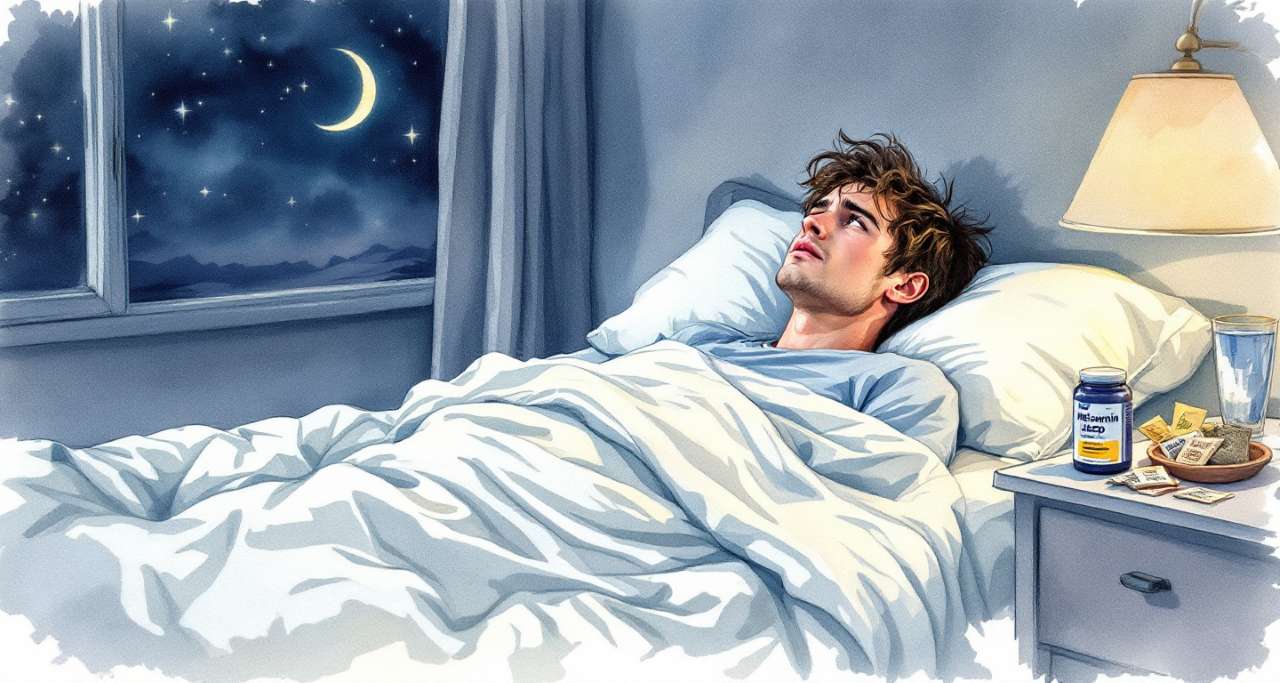
In a world that never seems to sleep, millions of people are struggling to get the rest they need. From the rise of remote work to the constant glow of screens, modern life has disrupted our natural sleep cycles, leaving many searching for solutions.
As sleep disorders become a growing public health concern, experts are turning to natural remedies and better sleep hygiene practices to combat the crisis.
Recent studies suggest that nearly 35% of adults in the U.S. report getting less than the recommended seven hours of sleep per night. This alarming trend has sparked renewed interest in natural sleep aids like ashwagandha, lavender, and chamomile, as well as lifestyle changes that promote healthier sleep habits.
Natural Sleep Aids: A Growing Trend
The use of natural remedies for sleep is nothing new, but their popularity has surged in recent years as people seek alternatives to prescription medications. Among the most talked-about options is ashwagandha, an ancient herb known for its stress-reducing properties. By lowering cortisol levels, ashwagandha helps the body relax, making it easier to fall asleep.
Another popular choice is lavender, which has been shown to improve sleep quality through its calming aroma. Lavender essential oils and sprays are now staples in many households, offering a simple and affordable way to enhance bedtime routines.
Chamomile, often consumed as a tea, remains a classic remedy for those looking to unwind before bed. Its mild sedative effects make it a favorite for people of all ages. Meanwhile, valerian root, another herbal option, has gained attention for its ability to improve sleep duration and reduce the time it takes to fall asleep.
Cannabis and Sleep: A Controversial Solution
One of the more controversial trends in natural sleep aids is the use of cannabis. In states where it is legal, certain strains of cannabis are being explored for their sedative properties. Advocates argue that cannabis can be a game-changer for those with chronic insomnia, but critics warn of potential risks, including dependency and inconsistent effects.
For those interested in exploring this option, the availability of cannabis seeds and the ability to grow cannabis at home legally in many states and jurisdictions has become increasingly accessible and normalized. However, experts caution that individuals should consult with healthcare professionals and adhere to local laws before incorporating cannabis into their sleep routine.
The Role of Sleep Hygiene
While natural remedies can be helpful, experts agree that good sleep hygiene is the foundation of healthy rest. Dr. Emily Carter, a sleep specialist at the National Sleep Institute, emphasizes the importance of creating a consistent bedtime routine.
“Your body thrives on routine,” says Dr. Carter. “Going to bed and waking up at the same time every day helps regulate your internal clock. Small changes, like reducing screen time before bed and keeping your bedroom cool and dark, can make a big difference.”
Key sleep hygiene tips include:
- Maintaining a consistent sleep schedule, even on weekends.
- Avoiding caffeine and heavy meals in the evening.
- Creating a relaxing pre-sleep routine, such as reading or meditating.
- Limiting screen time at least an hour before bed to reduce blue light exposure.
A Public Health Concern
The growing prevalence of sleep disorders has prompted calls for greater public awareness and access to resources. The Centers for Disease Control and Prevention (CDC) has labeled insufficient sleep a public health epidemic, linking it to a range of issues, from decreased productivity to serious health conditions like heart disease and diabetes.
For those who have tried natural remedies and improved sleep hygiene without success, experts recommend seeking professional help. Sleep studies and cognitive behavioral therapy for insomnia (CBT-I) are among the most effective treatments for chronic sleep issues.
The Bottom Line
As the sleep crisis continues to affect millions, the search for solutions is more urgent than ever. Whether it’s through natural remedies, better sleep hygiene, or professional intervention, the path to better rest is within reach. Experts agree: prioritizing sleep is not just a luxury—it’s a necessity for physical and mental well-being.
